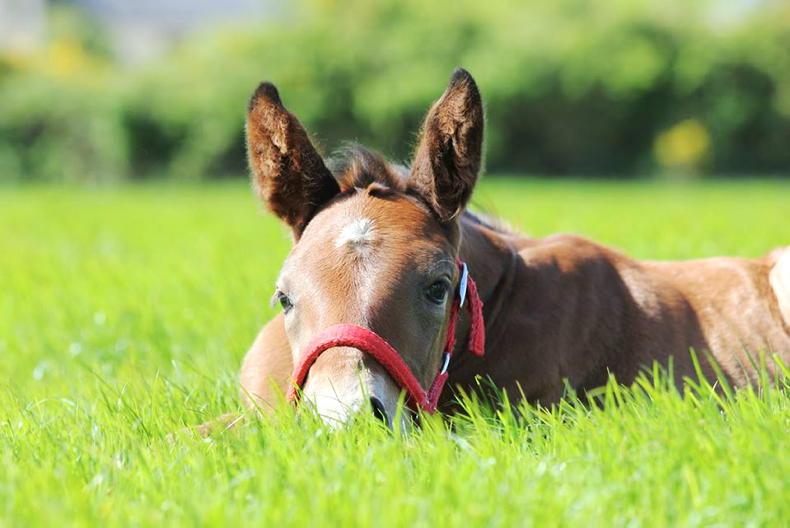Certifying a horse as organic in Ireland involves adhering to EU organic regulations and the specific standards set by an approved Organic Certification Body (OCB). In Ireland, the primary OCBs are the Irish Organic Association (IOA) and the Organic Trust.
Select an Organic Certification Body: Choose between the IOA and the Organic Trust. Both are approved by the Department of Agriculture, Food and the Marine (DAFM) to certify organic operations in Ireland.
Understand organic standards
Familiarise yourself with the organic standards applicable to livestock, which include guidelines on animal welfare, feeding, housing, and veterinary treatments. These standards are detailed in the IOA Organic Food and Farming Standards and the Organic Trust Standards Manual.
Develop an organic conversion plan
Outline how your horse and its management practices will transition to meet organic standards. This plan should cover aspects like feed sources, pasture management and healthcare practices.
Submit an application
Complete the application process with your chosen OCB. This typically involves providing details about your horse, management practices, and the conversion plan.
Get inspected and certified
An inspector from the OCB will visit your premises to verify compliance with organic standards. They will assess factors such as housing conditions, feed sources and healthcare practices.
If your operation meets all requirements, the OCB will issue an organic certificate for your horse. This certification is subject to annual renewal and inspections to ensure ongoing compliance.
Key considerations
Feeding: horses must be fed 100% organic feed. This includes pasture, hay, grains, and any supplements. Non-organic feed is not permitted.
Housing and welfare
Housing must provide adequate space, ventilation and access to the outdoors. Horses should have regular access to pasture.
Healthcare
Preventive healthcare practices are emphasised. The use of antibiotics and synthetic medications is restricted and allowed only when necessary, with extended withdrawal periods. An Animal Health Plan, developed in consultation with a veterinarian, is required
Breeding
Natural breeding methods are preferred. Artificial insemination is permitted under certain conditions, but synchronisation or hormonal treatments are prohibited.
www.irishorganicassociation.ie
www.organictrust.ie




 This is a subscriber-only article
This is a subscriber-only article
 It looks like you're browsing in private mode
It looks like you're browsing in private mode





SHARING OPTIONS: